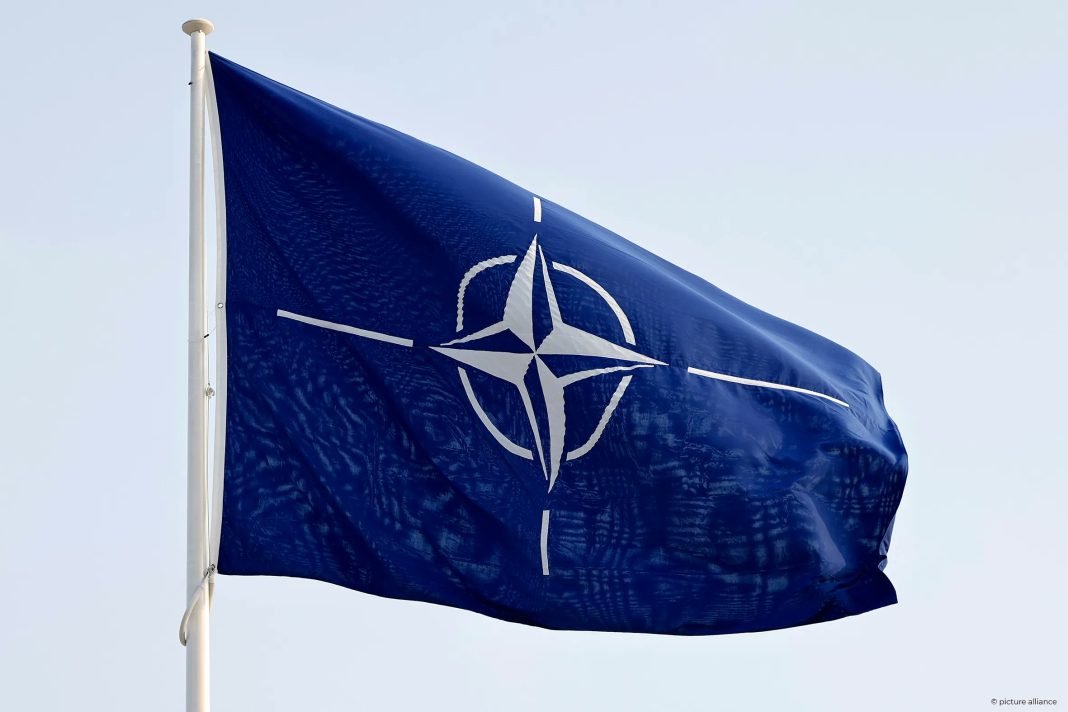Brussels, 15 September 2022 (TDI): North Atlantic Treaty Organization (NATO) has organized a course that teaches various abilities to allies. These include countering terrorism necessitates, gathering data and materials that could be utilized as on-the-field evidence.
Collecting information and material that may be used as battlefield evidence is crucial for countering terrorism.#NATO is running a course teaching such skills to partners. pic.twitter.com/NQIVjwVy8c
— NATO (@NATO) September 15, 2022
Terrorism directly threatens both global stability and the economy as well as the safety of residents of NATO member nations. It is a persistent worldwide menace that is independent of nation, geography, or religion, and it is a problem that the entire world community must address.
NATO’s efforts to combat terrorism are concentrated on raising awareness of the threat.
NATO Counter-terrorism Trends
NATO has responded over the past 20 years to what its future counterterrorism operations have to look like facing extraordinary security concerns on its eastern periphery as terrorist groups proliferate and increasingly use new technologies.
Apart from this, authorities have been tasked by the organization to solve this ever-evolving issue of terrorism. Thus, NATO concentrated on raising awareness on terrorism threats, creating the required new capabilities, and strengthening relationships with allies and other international entities.
Besides this, the Washington Institute is offering a virtual Policy Forum with NATO Counter-terrorism Chief, Gabriele Cascone to talk about this work and to work on its execution.
Also read: US Senate ratifies NATO membership for Sweden and Finland
Battle-field Evidence Collection
After terrorists hit their target, it becomes a crucial task to immediately gather the information that is left behind. Also, it may create differences while preventing new attacks from taking place. These items are called battlefield pieces of evidence.
Furthermore, Digital Forensics Expert of the United States Army, James Spencley said that “Whether that be cell phones, whether that be documents, computers, DNA, and fingerprints, all this is a battle-field evidence.”
Hence, collecting these uncovered, identities as well as the intentions of the terrorists is the purpose to be kept on priority without wasting time.
Furthermore, the expert added that “Ten seconds can be the difference between finding a thumb drive hidden somewhere, or not finding that thumb drive. That thumb drive might be where the bombs are located that are going to kill one of your comrades.”
NATO is teaching basic skills in incident scene preservation and information along with the material collection. This is offered to police and military personnel from NATO partners in Africa, the Gulf and the Middle East.
Moreover, the course serves to boost the abilities of the officials to bring terrorist groups to justice.
Additionally, the Digital Forensic Expert, emphasized that “From an intelligence perspective, this battle-field evidence is extremely important. It helps us to follow the targets and helps us to develop other intel products. Not only do we want the intelligence value of this, we also want to be able to put these people away so they don’t create problems down the road.”








